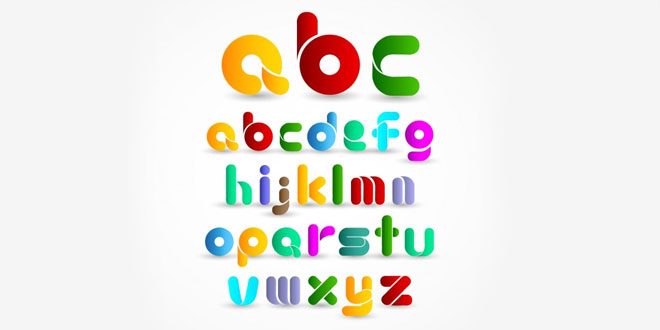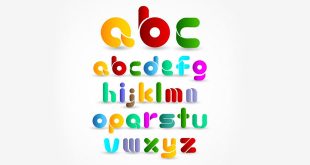Examples Of Antecedent
Pronoun
A pronoun substitutes a noun in a sentence. It either refers to a person, a thing, a place, a feeling or any other quality apart from its name. This is made clear by stating an example in which the pronoun is highlighted. For example: “Elisa left the coat on the table. It was missing the next day.” Here, the word “it” stands for the coat.
Agreement
A pronoun, while substituting its noun, has to cater to the antecedent by keeping intact the following entities.
- Person: It refers to maintain the quality of being throughout the sentence.
- Number: This entity distinguishes between the singular and plural quantities mentioned in the sentences.
- Gender: Describes whether the subject is masculine or feminine.
Example 1
Sentence 1.1: If a person wants to win over your opponent in chess, you have to know the tactics of the game.
Errors:
- Antecedent: a person (third person)
- Pronoun: you (second person)
- Since, the person that the sentence is referring to is different in each part of the sentence, this sentence is incorrect.
Sentence 1.2: If you want to win over your opponent in chess, they have to know the tactics of the game.
Errors:
- Antecedent: you (second person)
- Pronoun: they (plural)
- In this sentence, a single subject later turns into plural; hence, again the rule of number is violated and is incorrect sentence.
Sentence 1.3: If you want to win over your opponent in chess, she has to know the tactics of the game.
Errors:
- Antecedent: you (second party)
- Pronoun: she
- This sentence is incorrect because, the gender in the pronoun and antecedent do not tally with each other.
Correct Sentence: If you want to win over your opponent in chess, you have to know the tactics of the game.
Example 2
Sentence 2.1: Mary could cook delicious food for his children.
Errors:
- Antecedent: Mary
- Pronoun: his
- This sentence is incorrect, as the gender does not tally each other.
Sentence 2.2: Mary could cook delicious food for its children.
Errors:
- Antecedent: Mary
- Pronoun: its
- Since, the number is plural from a singular subject, this sentence is incorrect.
Sentence 2.3: Mary could cook delicious food for one’s children.
Errors:
- Antecedent: Mary
- Pronoun: one’s
- Sentence is incorrect on account of person of antecedent and pronoun not matching.
Correct Sentence: Mary could cook delicious food for her children.
Example 3
Sentence 3.1: The leaders of the group asked its group members to disperse.
- Antecedent: Leaders
- Pronoun: Its
- Error of number.
Sentence 3.2: The leaders of the group asked her group members to disperse.
- Antecedent: Leaders
- Pronoun: her (feminine)
- Error of gender.
Sentence 3.3: The leaders of the group asked your group members to disperse.
- Antecedent: Leaders
- Pronoun: Your (second person)
- This sentence is correct but because of the use of pronoun “your” takes an entirely different meaning. While the original idea is that the leaders asked their members to leave, this sentence implies that, it is the members of the person being spoken to who are being asked to leave by the leaders.
Correct Sentence: The leaders of the group asked their group members to disperse.
Some Other Examples
- Students in on-line classes have to be organized to keep up with their assignments.
Antecedent: Students
Pronoun: Their - School psychologists note the importance for every student to express his/her emotions.
Antecedent: student
Pronoun: his/her - Smith wants to study law; he finds it interesting.
Antecedent: Smith, law
Pronoun: he, it - The bananas are cheap, but they are not ripe yet.
Antecedent: Bananas
Pronoun: They - All the CDs were kept in their respective cases.
Antecedent: CDs
Pronoun: Their - Some of documents were not in their files.
Antecedent: Documents
Pronoun: Their - Either Rita or Susan will bring her children.
Antecedent: Rita, Susan
Pronoun: Her
It is quite simple to analyze the relationship of pronouns and antecedents in a sentence, be it a simple sentence or a complex one. Hope this article has helped you understand the concept quite clearly and has also provided you with enough examples so that you feel confident of doing related exercises on your own. With regular practice, you can drive away the problems you face while distinguishing pronouns and antecedents. Though pronouns and antecedents are easy to identify and use, they can be quite tricky in long sentences. The idea is to keep it simple and never lose track of the object that you are referring to. Well, no one said English was uncomplicated!
 Class Notes NCERT Solutions for CBSE Students
Class Notes NCERT Solutions for CBSE Students


